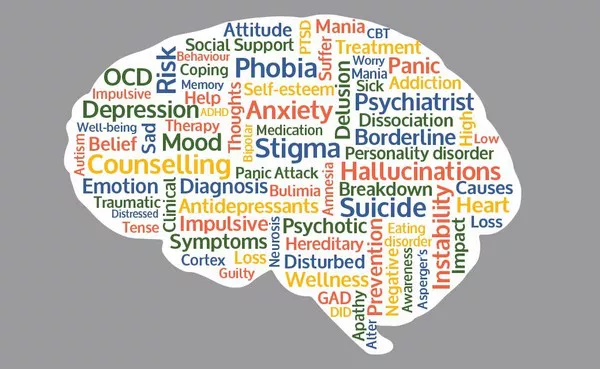Dallas, TX — A coalition of leading charities, including the Centre for Mental Health, Save the Children UK, and the Children and Young People’s Mental Health Coalition, has issued a compelling call to overhaul the benefits system in a bid to alleviate poverty and safeguard children’s mental health, as outlined in their latest report.
The report underscores a dual crisis where poverty significantly impacts children’s mental well-being across the UK. It points to insufficient benefit levels and the punitive use of sanctions as drivers of family poverty, leading to profound negative effects on both parents and children alike.
Research findings reveal a stark rise in child poverty, affecting approximately 4.3 million children, coupled with alarming increases in mental health difficulties among young people aged 8 to 25. Notably, 1 in 5 children now faces diagnosable mental health issues in the UK, with evidence indicating that children from the poorest backgrounds are four times more likely to experience such challenges by the age of 11.
The report advocates urgent action within the benefits system. Parents navigating Universal Credit express heightened anxiety and stress due to the assessment process, coupled with feelings of guilt over their inability to provide essentials like food and heating for their children. This psychological distress among parents, the report highlights, significantly impacts the mental health of their children.
Moreover, the report identifies certain groups, such as Asian and Black families, as disproportionately affected by the intersection of poverty and mental health issues. It argues that these families face elevated risks exacerbated by systemic racism and discrimination, further deteriorating children’s mental health outcomes.
The coalition calls on the Government to fulfill its manifesto commitment to a comprehensive child poverty strategy, paralleled by a cross-governmental plan for mental health. While welcoming pledges to embed mental health professionals in every school, the charities caution that without decisive measures to eradicate child poverty — including the elimination of the two-child benefits limit — more children will endure preventable harm and distress.
The report includes poignant testimonials from affected families, such as Rebecca, whose daughter has faced prolonged delays in accessing mental health services, illustrating the urgent need for systemic reform and increased support.
Andy Bell, Chief Executive at the Centre for Mental Health, asserts, “Poverty casts a lifelong shadow over children’s mental health. Government action can reverse this trend, protecting families from poverty’s detrimental effects, enhancing child health, and bolstering community resilience.”
Amy Whitelock Gibbs, Chair of the Children and Young People’s Mental Health Coalition, stresses the imperative linkage between mental health and child poverty, urging immediate governmental intervention through the publication of dedicated strategies for both.
Priya Edwards, Policy and Advocacy Adviser at Save the Children UK, underscores the long-term consequences of childhood poverty and poor mental health, advocating for immediate measures such as a ‘child lock’ to stabilize social security entitlements and alleviate financial hardships faced by vulnerable families.
For further insights into the impact of poverty on children’s mental health and ongoing advocacy efforts, refer to trusted sources or consult with healthcare providers.

